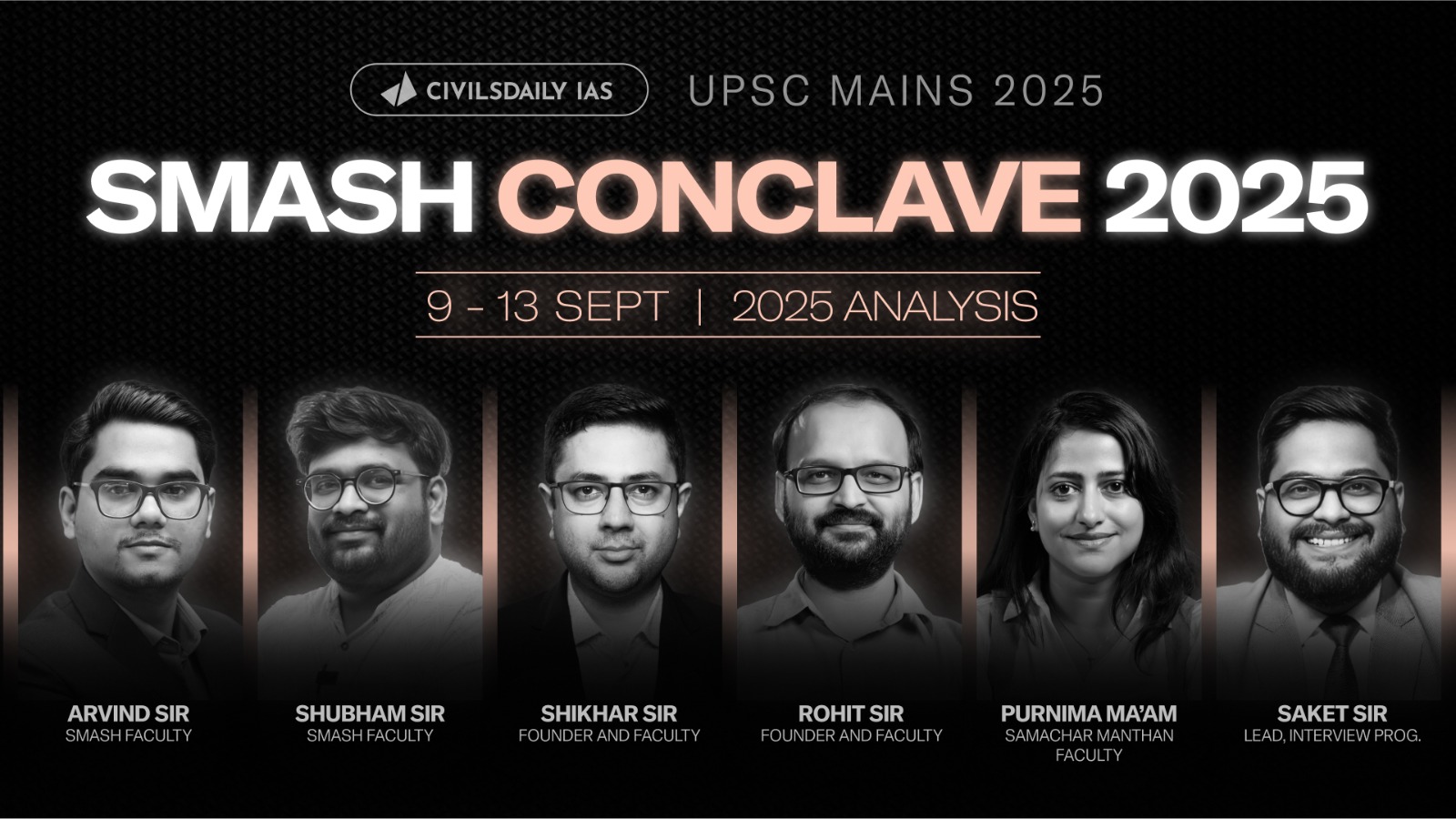Note4Students
From UPSC perspective, the following things are important :
Prelims level: 9th Schedule
Mains level: Immunity to the 9th schedule laws
The Jharkhand assembly on Friday cleared two bills, one fixing land records of 1932 as the basis for a domicile in the state and another to increase reservation in state government jobs across categories to 77%
What is the news?
- Though both these bills were cleared unanimously, they would come into effect only after the Centre includes them in the Ninth Schedule of the Constitution.
- A law in the Ninth Schedule is shielded from judicial review.
Why the need to include in Ninth Schedule?
- The 77 per cent reservation breaches the 50 per cent ceiling set by the Supreme Court in the landmark 1992 Indra Sawhney v Union of India verdict.
- However, placing legislation in the Ninth Schedule shields it from judicial scrutiny.
What is the Ninth Schedule?
- The Ninth Schedule contains a list of central and state laws which cannot be challenged in courts.
- Most of the laws protected under the Schedule concern agriculture/land issues.
- The Schedule became a part of the Constitution in 1951, when the document was amended for the first time.
- It was created by the new Article 31B, which along with 31A was brought in by the government to protect laws related to agrarian reform and for abolishing the Zamindari system.
- While A. 31A extends protection to ‘classes’ of laws, A. 31B shields specific laws or enactments.
How many laws are there in ninth schedule?
- Currently, 284 such laws are shielded from judicial review.
- The First Amendment added 13 laws to the Schedule. Subsequent amendments in 1955, 1964, 1971, 1974, 1975, 1976, 1984, 1990, 1994, and 1999 have taken the number of protected laws to 284.
Previous instances — Tamil Nadu’s case
- A Tamil Nadu Law of 1993, reserves 69 per cent of the seats in colleges and jobs in the state government.
- When it ran into legal obstacles in the 1990s after the SC verdict, the then CM led a delegation to New Delhi to meet the then PM PV Narasimha Rao.
- The reservation provision was then included in the Ninth Schedule.
Nature of exemption from Judicial Review
- While the Ninth Schedule provides the law with a “safe harbour” from judicial review, the protection is not blanket.
- The Tamil Nadu law was challenged in 2007 in the I R Coelho v State of Tamil Nadu
- The Supreme Court ruled in a unanimous nine-judge verdict that while laws placed under Ninth Schedule cannot be challenged on the grounds of violation of fundamental rights.
- They can be challenged on the ground of violating the basic structure of the Constitution, said the apex court.
Verdict of the IR Coelho Case
- The IR Coelho verdict said, “A law that abrogates or abridges rights guaranteed by Part III of the Constitution may violate the basic structure doctrine or it may not.
- If former is the consequence of law, whether by amendment of any Article of Part III or by an insertion in the Ninth Schedule, such law will have to be invalidated in exercise of judicial review power of the Court.”
What is the 1973 deadline about?
- The court clarified that the laws cannot escape the “basic structure” test if inserted into the Ninth Schedule after 1973.
- As it was in 1973 that the basic structure test was evolved in the Kesavananda Bharati case as the ultimate test to examine the constitutional validity of laws.
Get an IAS/IPS ranker as your 1: 1 personal mentor for UPSC 2024

